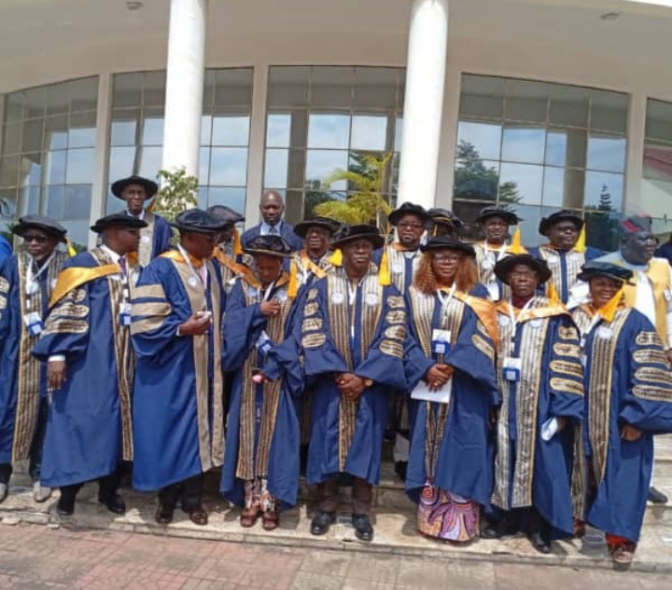By Perpetua Onuegbu
Lt. Gen.Tukur Buratai, Former Chief of Army Staff has urged for renewed efforts to document and promote the continent’s history through modern digital platforms as part of national identity building and development.
Buratai made this call at the 70th Congress of the Historical Society of Nigeria (HSN) and 6th Congress of the Association of African Historians (AAH) on Wednesday in Abuja.
The theme of the congress is 70 Years of Resilience:Honouring Nigeria’s Past, Envisioning Africa’s Future.
Buratai who is the Chairman, National Coordinating Council (NCC) HSN at 70 emphasised that Africa must look to its past to chart a meaningful future.
He stressed that “our deliberations must look at historical perspectives and see what the future holds to resolve the myriads of challenges in Africa.”
He recalled the period when history was removed from Nigeria’s school curriculum, describing it as “a wound upon our national soul,” but commended the Federal Government for restoring the subject to classrooms.
While acknowledging the progress, he urged stakeholders to go beyond restoration by investing in the professional documentation of local histories across states.
“There exists a compelling opportunity for state governments to professionally document their unique histories. This is a profound act of nation-building,” he said.
Drawing lessons from other nations, he cited the “living mediums of the United Kingdom,” the “digital archives of the United States,” and “Rwanda’s curriculum of peace and values,” noting that history forms the bedrock of every nation’s identity.
He further appealed for strategic dialogue between government and historical societies to explore initiatives such as a National History Day, which he said would help embed Nigeria’s past into its collective consciousness.
To fellow historians, he issued a challenge to embrace technology in telling African stories.
“The modern motif for our narrative is digital. We must become digital graduates, using new media to tell ancient stories of the Benin Kingdom, the Sokoto Caliphate, or the Oyo Empire — making our history as engaging as it is enlightening.”
Speaking also the Chairman of the occasion, Prof. ibrahim Gambari called on Africans to reclaim, document, and preserve their own history using indigenous perspectives and cultural expressions.
The reknown diplomat commended the Society for seven decades of preserving Nigeria’s rich history and cultural heritage.
He noted that the HSN, founded in 1955—five years before Nigeria’s independence—had played a pioneering role in shaping African historiography, particularly through the Ahmadu Bello University (ABU) School of History.
He recalled that the Society had long challenged colonial narratives that denied the existence of African history before European contact, citing the works of Nigerian historians such as Professor Abdullahi Smith and Dr Yusuf Bala Usman.
“In debunking racist historical perspectives, the HSN placed Africa’s story in African hands,” he said.
“Those who do not learn from history are doomed to repeat it, and this is why the return of history to our school curriculum is a major national achievement.”
On her part, acting President of the society Prof. Zara Kwaghe, described the anniversary as a celebration of resilience and intellectual legacy.
She said the joint conference, themed “Seventy Years of Resilience: Honouring Nigeria’s Past and Envisioning Its Future,” aims to deepen scholarship and collaboration among African historians.
Kwaghe paid tribute to the “founding fathers and mothers” of the HSN and hailed past presidents for championing the restoration of history as a core subject in Nigerian schools.
“As we celebrate seven decades of historical scholarship, we reaffirm our pledge to keep Africa’s story alive,” she said.(NAN)

